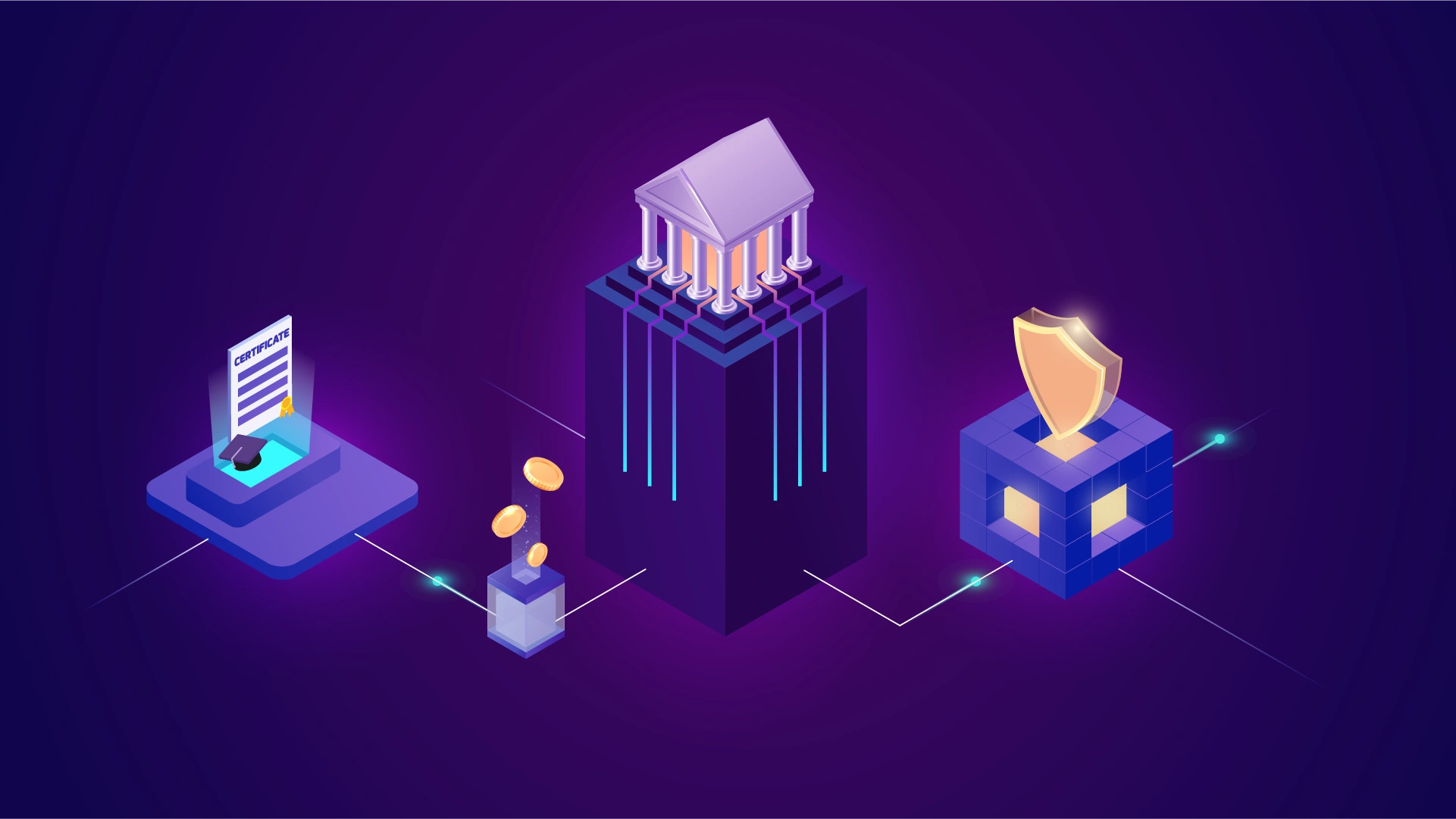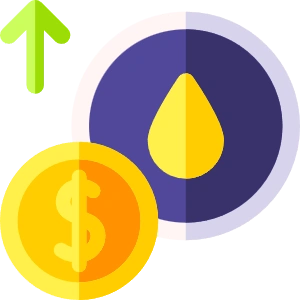Fund Tokenization
Fund tokenization is the process of converting a traditional investment fund—such as a mutual fund, hedge fund, private equity fund, or venture capital fund—into digital tokens on a blockchain. Each token represents a fractional ownership of the fund, enabling investors to access, trade, and manage their holdings more efficiently. Fund tokenization is the process of transforming traditional investment funds into digital, blockchain-based tokens. Each token represents a proportional share of the fund’s assets, giving investors direct ownership and the ability to trade their stake digitally. This innovation bridges the gap between traditional finance and modern decentralized finance (DeFi), making funds more accessible, transparent, and efficient.


Fund Tokenization – Transparent, Liquid, and Efficient
Fund tokenization is the process of converting traditional investment funds—such as mutual funds, hedge funds, private equity funds, or venture capital funds—into digital tokens on a blockchain. Each token represents a fractional ownership of the fund, enabling investors to access, trade, and manage their investments more efficiently. By leveraging blockchain technology, fund tokenization makes investment funds more transparent, liquid, and operationally efficient, bridging traditional finance with the digital asset ecosystem.
Enterprise Fund Tokenization – Transparent, Efficient, and Growth-Oriented
Enterprise Fund Tokenization is the process of converting traditional investment funds—such as hedge funds, private equity funds, venture capital funds, or mutual funds—into digital tokens on a blockchain. Each token represents a fractional ownership of the fund, enabling enterprises and institutional investors to access, manage, and trade fund shares more efficiently.

Transparent Operations
Blockchain technology ensures all transactions and ownership records are immutable and visible in real-time, providing full transparency to investors and stakeholders.

Fractional Ownership
Investors can hold small portions of a fund, lowering entry barriers and enabling broader participation in enterprise-level investment opportunities.

Enhanced Liquidity
Tokenized fund shares can be traded on secondary markets, allowing faster divestment and reducing the typical lock-in periods of traditional funds.

Operational Efficiency
Smart contracts automate compliance checks, settlements, and dividend distributions, reducing administrative overhead and accelerating fund management processes.

Global Investor Access
Enterprises can attract investors from across the globe without the complexities of traditional cross-border fund structures, expanding the potential capital base.

Growth-Oriented Structure
Tokenized funds enable scalable investment strategies, optimize capital utilization, and support long-term value creation for enterprises and institutional investors.
Fund Tokenization Infrastructure – Scalable, Secure, and Efficient
Fund Tokenization Infrastructure refers to the underlying technological and operational system that enables the conversion of traditional investment funds—such as mutual funds, hedge funds, private equity, or venture capital funds—into digital tokens on a blockchain. This infrastructure ensures that tokenized funds are accessible, tradable, and efficiently managed while maintaining security and compliance. By leveraging blockchain technology, smart contracts, and digital platforms, fund tokenization infrastructure provides a scalable, secure, and efficient environment for enterprises, institutional investors, and individual participants.

Fund Tokenization Framework – Secure, Efficient, and Globally Accessible
The Fund Tokenization Framework is a structured system that enables traditional investment funds—such as mutual funds, hedge funds, private equity, or venture capital—to be converted into digital tokens on a blockchain. Each token represents a fractional ownership of the fund, allowing investors to access, trade, and manage their investments more efficiently. This framework integrates blockchain technology, smart contracts, and secure digital infrastructure to provide a solution that is secure, efficient, and globally accessible, bridging traditional finance with modern digital investment platforms.
FAQ
What is fund tokenization?
Fund tokenization is the process of converting traditional investment funds—such as mutual funds, hedge funds, private equity, or venture capital—into digital tokens on a blockchain. Each token represents a fractional ownership of the fund.
Who can benefit from fund tokenization?
Individuals, institutional investors, and enterprises can benefit by gaining easier access to funds, improved liquidity, and transparent investment opportunities.
How does fund tokenization improve liquidity?
Tokenized fund shares can be traded on secondary markets, allowing investors to buy or sell portions of a fund more easily than traditional fund units.
What types of funds can be tokenized?
Mutual funds, hedge funds, private equity funds, venture capital funds, real estate funds, and other alternative investment vehicles can all be tokenized.
How is security ensured in fund tokenization?
Blockchain technology provides immutable transaction records, while smart contracts enforce compliance, dividend distribution, and settlements automatically. Advanced encryption further secures investor data.
How does tokenization make funds more accessible?
Fractional ownership allows smaller investors to participate, and global digital platforms remove geographic barriers, enabling participation from international investors.
What are the main benefits of fund tokenization?
Enhanced liquidity and tradability
Transparent and immutable records
Faster settlement and reduced operational costs

